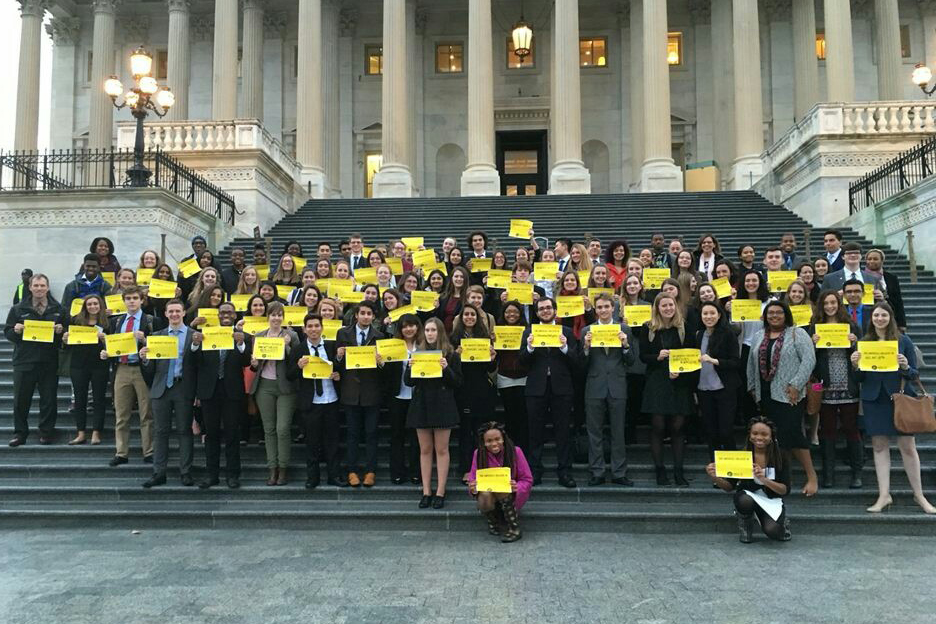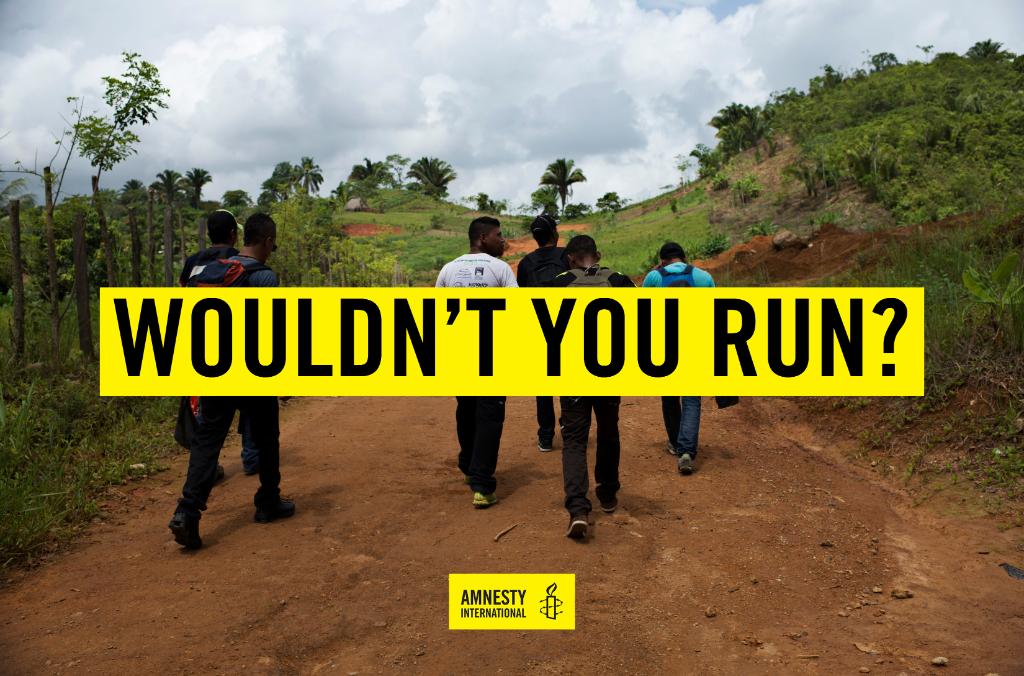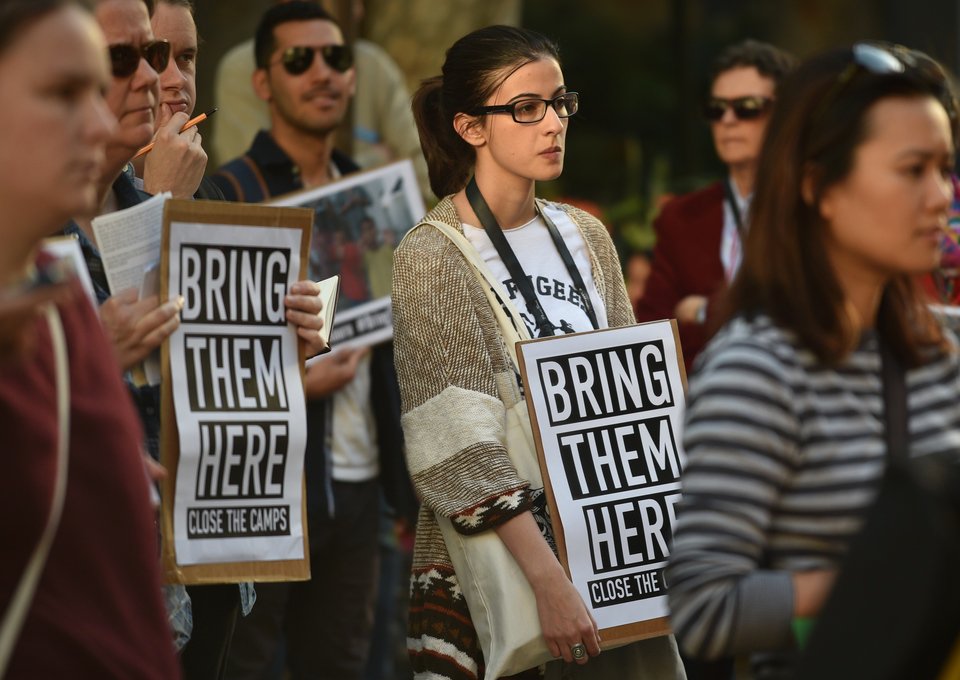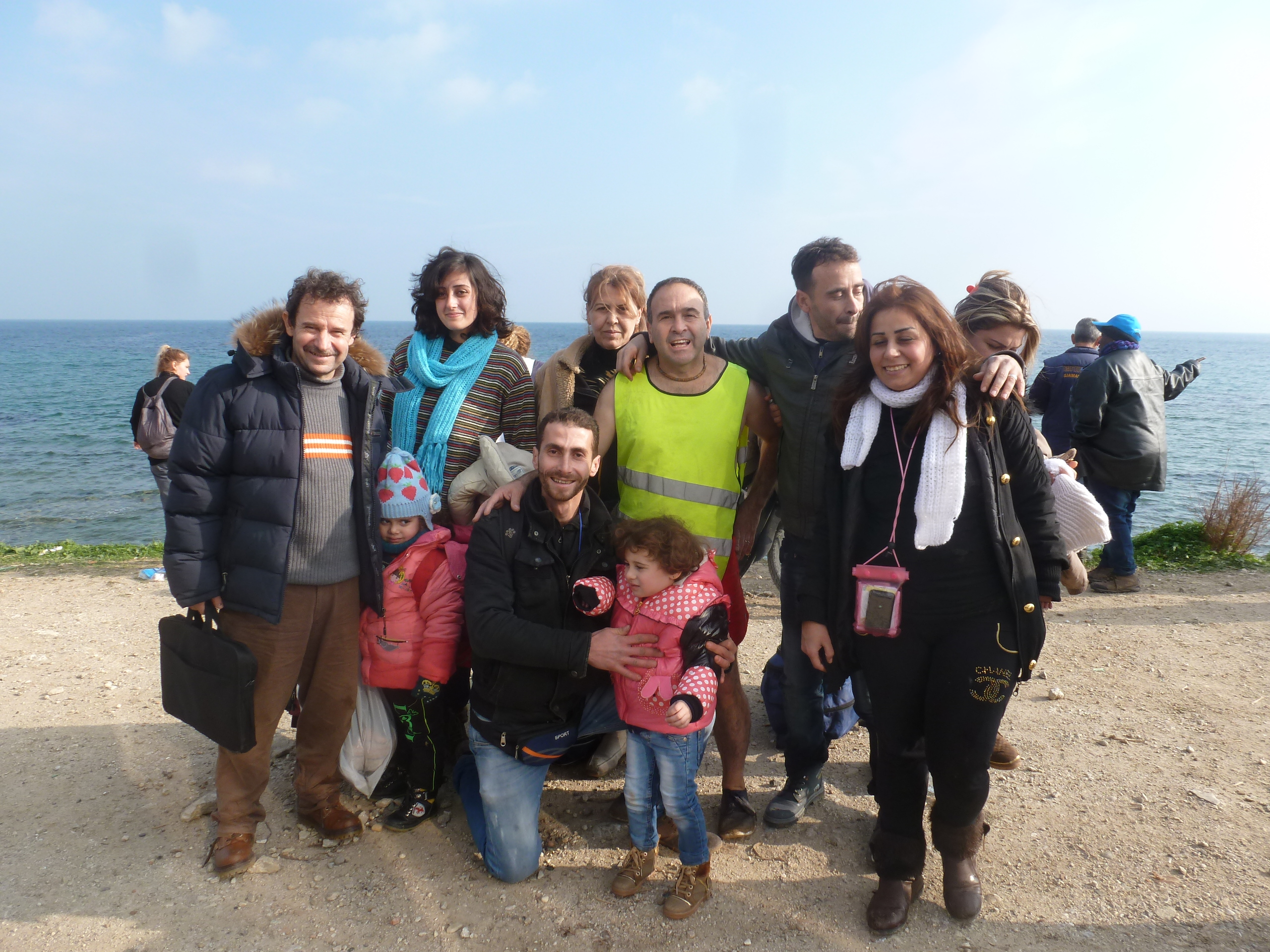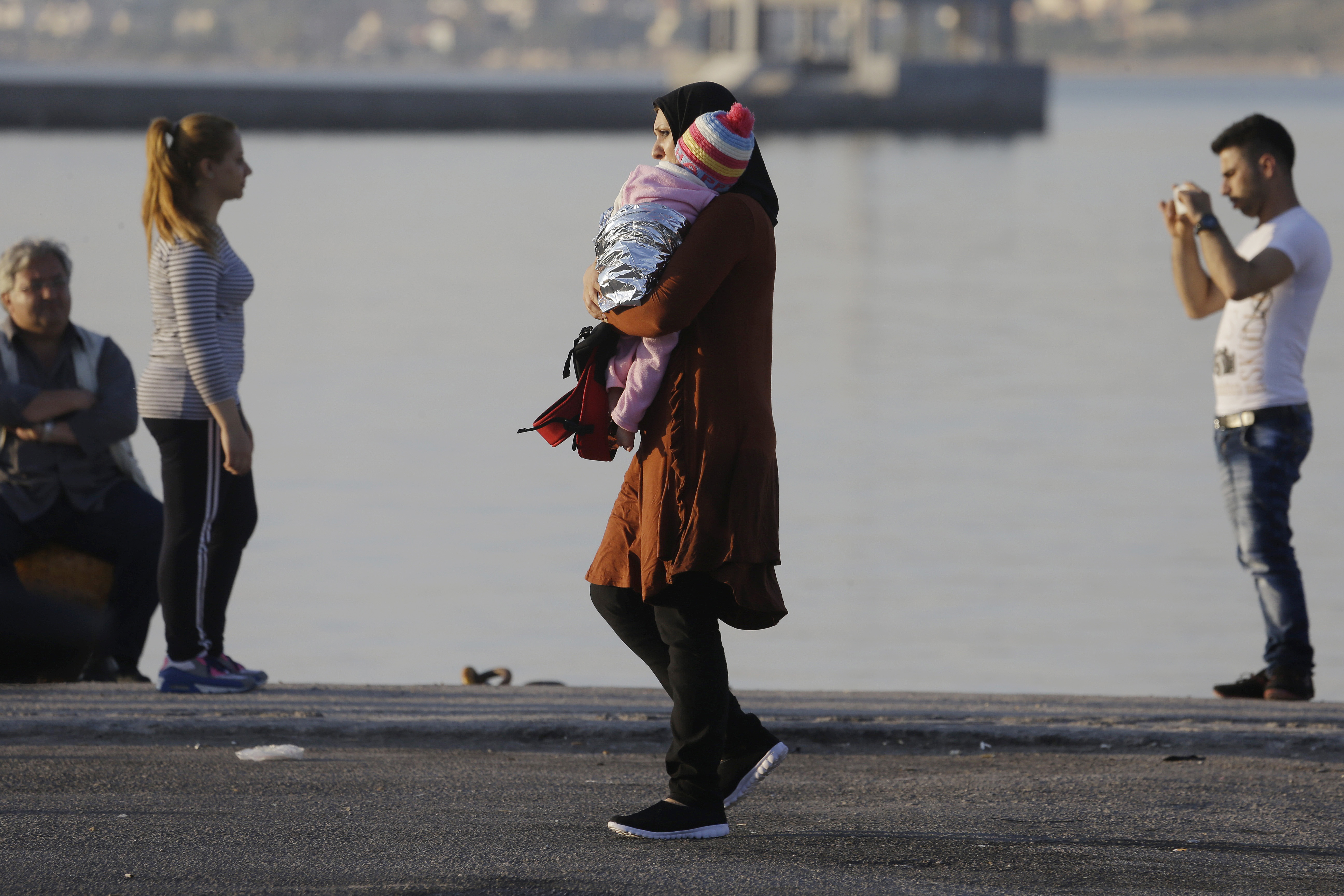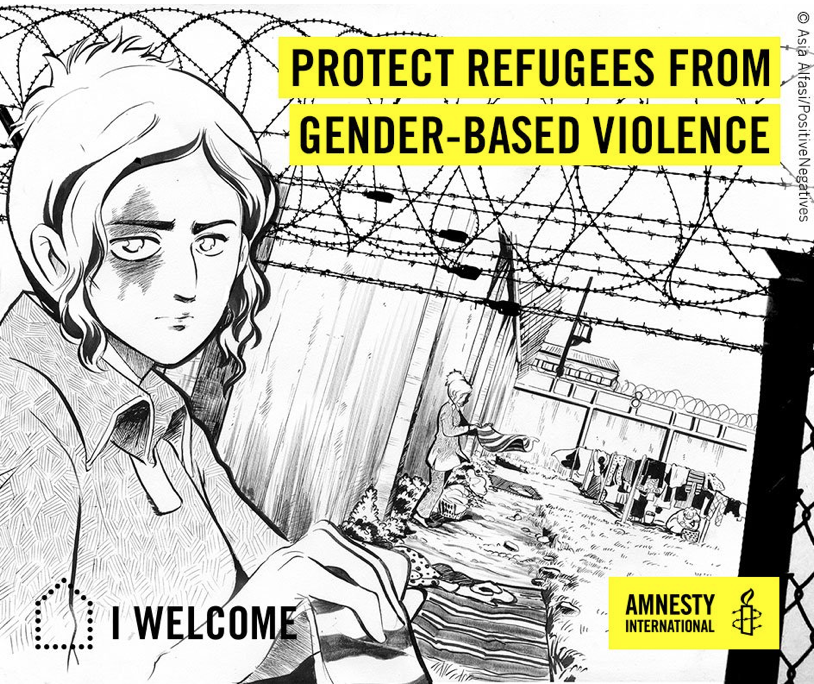
By Helena Klassen, Identity and Discrimination Intern and Nicole van Huyssteen, Women’s Human Rights Thematic Specialist
This year marks the 25th anniversary of the “16 Days of Activism against Gender-Based Violence” (16 Days) campaign, originated by the Centre for Women’s Global Leadership (CWGL). The campaign takes on a specific theme each year, which is determined by consulting with the many international human rights groups working to end gender-based violence (GBV). By calling upon individuals and organizations around the world to take action against GBV, the 16 Days campaign has had a significant impact and great success in building support of and activism for the prevention and elimination of violence against women and girls for more than two decades. SEE THE REST OF THIS POST
